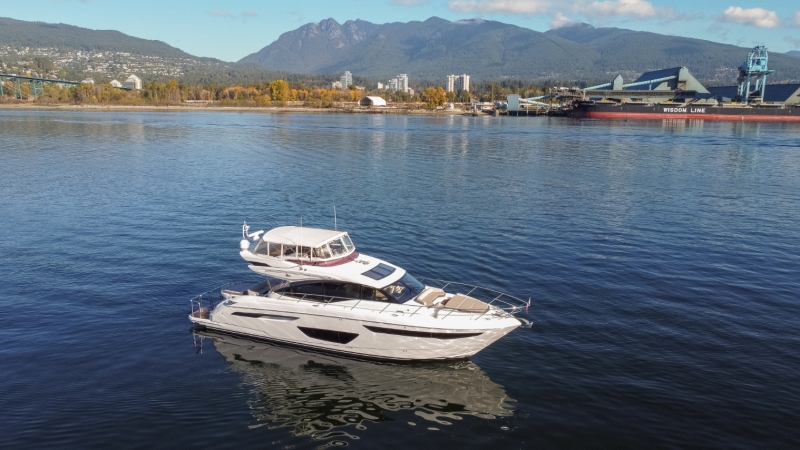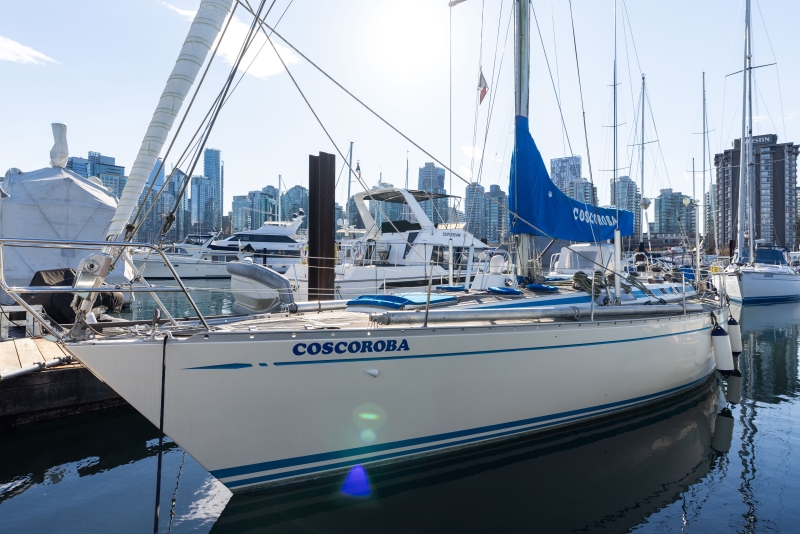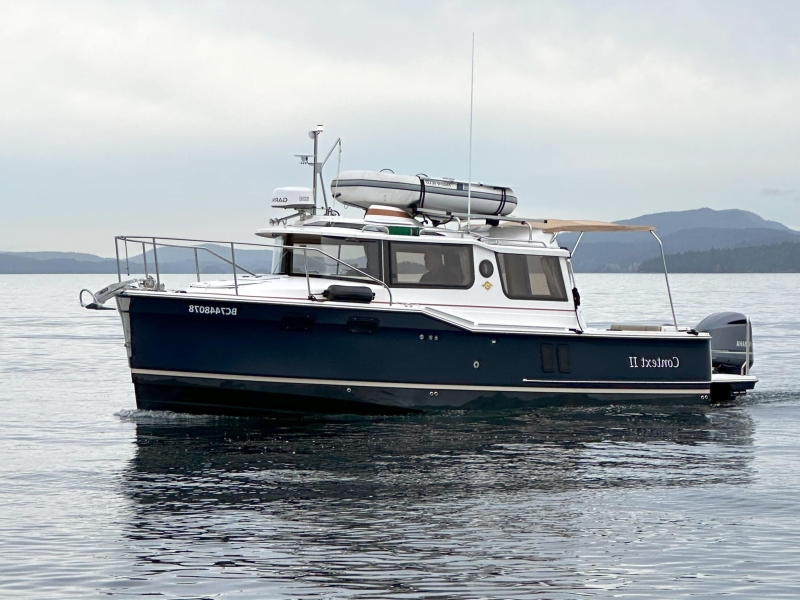Finding the Right Boat
23rd January 2024
No boat is going to be perfect, but there are things that most lay people just don’t see or anticipate unless an expert points them out. When we look for the right boat, we’re mostly thinking big picture: imagining ourselves sipping cocktails at sunset or powering along with the wind in our hair. Here are a few things to think about when finding the right boat to purchase.

Decide what you need. This is really the first step—because until you’ve pinned this down, you simply can’t know if a boat will be suitable for the intended purpose. If it’s going to be for family cruising (sail or power) then there needs to be enough seating, berths, and storage to accommodate the numbers intended for the periods planned. But if she’s for racing, your budget needs to include things like the replacement of uncompetitive sails and appropriate insurance coverage.
Know what you are looking at. The internet is full of information, so do your research before looking at the vessel. And when possible, look at more than one version or year of the same model, and more than one brand of a similar style of boat. If you’re not sure where to start, boat shows are always a great place to step on board a variety of different vessels. The Vancouver International Boat Show usually takes place in early February and offers Western Canada’s largest display both on-land and in-water.
One quick check when looking at staterooms and cabins on a boat is to lie down in the largest berth with your significant other and see if you’ll find it comfortable, then head to the galley and mimic preparing a meal and finish in the shower stall with a pretend lather up.
Think through a day on the water. People often see boats differently. One person may envision sunny days, beer holders and bikinis while the other may be looking at accommodation, food preparation areas, toilet facilities and a safe space for kids.

Then consider how it’s all going to work. Are the sail controls reachable by the crew, is the engine positioned so that only a contortionist can get to the dip stick, or what’s the visibility from the helm?
Look beyond the obvious. Will the hatches provide enough ventilation? Is there deck space or room for davits to store a dinghy? For the cruiser, towing a dinghy is an option when travelling through sheltered waters.
If it’s a powerboat, how is the visibility from the helm? And if you are going to use the boat year round—how protected is the helm from the weather, and is there room to install a heater down below?
Use all your senses if you are shopping for a used boat. Start with a good look at the hull. Look at the vessel from the bow or stern and walk slowly around the vessel. Carefully look at the fairness of the rub rail to see if there have been any impacts which tend to show at the hull to deck join. If it’s in the water check the “scum line” – is the boat listing, squatting or is she sitting low in the water?
Go inside of the vessel and do a sniff test. Then head out on deck, I walk around the decks listening for crunching noise (separating core material) then gently flex the stanchions looking for deflection at the bases or openings in the sealant.

Think about maintenance. Don’t buy a project boat unless you have abundant time. In most cases, it is better to buy a boat you can afford and use it as is, rather than getting saddled with an ongoing project.
Make sure the engine is one that can be serviced locally, and the general equipment is of a recognizable brand. A lot of older engines are much harder to find parts for, or they are only available from overseas.
Working with a professional boat broker can be very helpful in finding the right boat. Since they work with boats every day, they’ll have more information on what’s available for purchase locally or vessels that meet your criteria across the border. They can also provide insight on boat maintenance, the purchasing process, surveys, shipping, and insurance. It also doesn’t hurt to have someone help you negotiate an offer.


